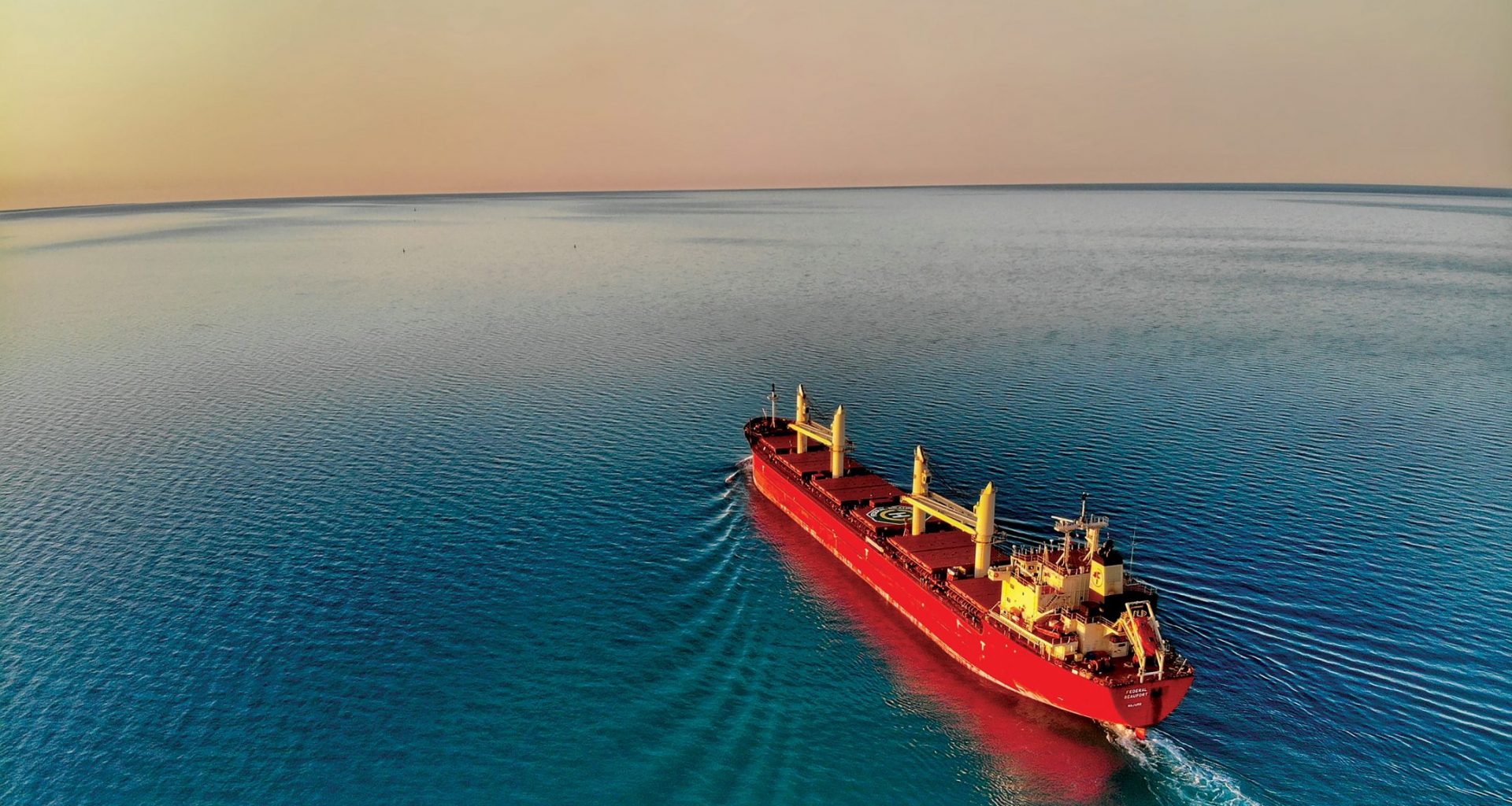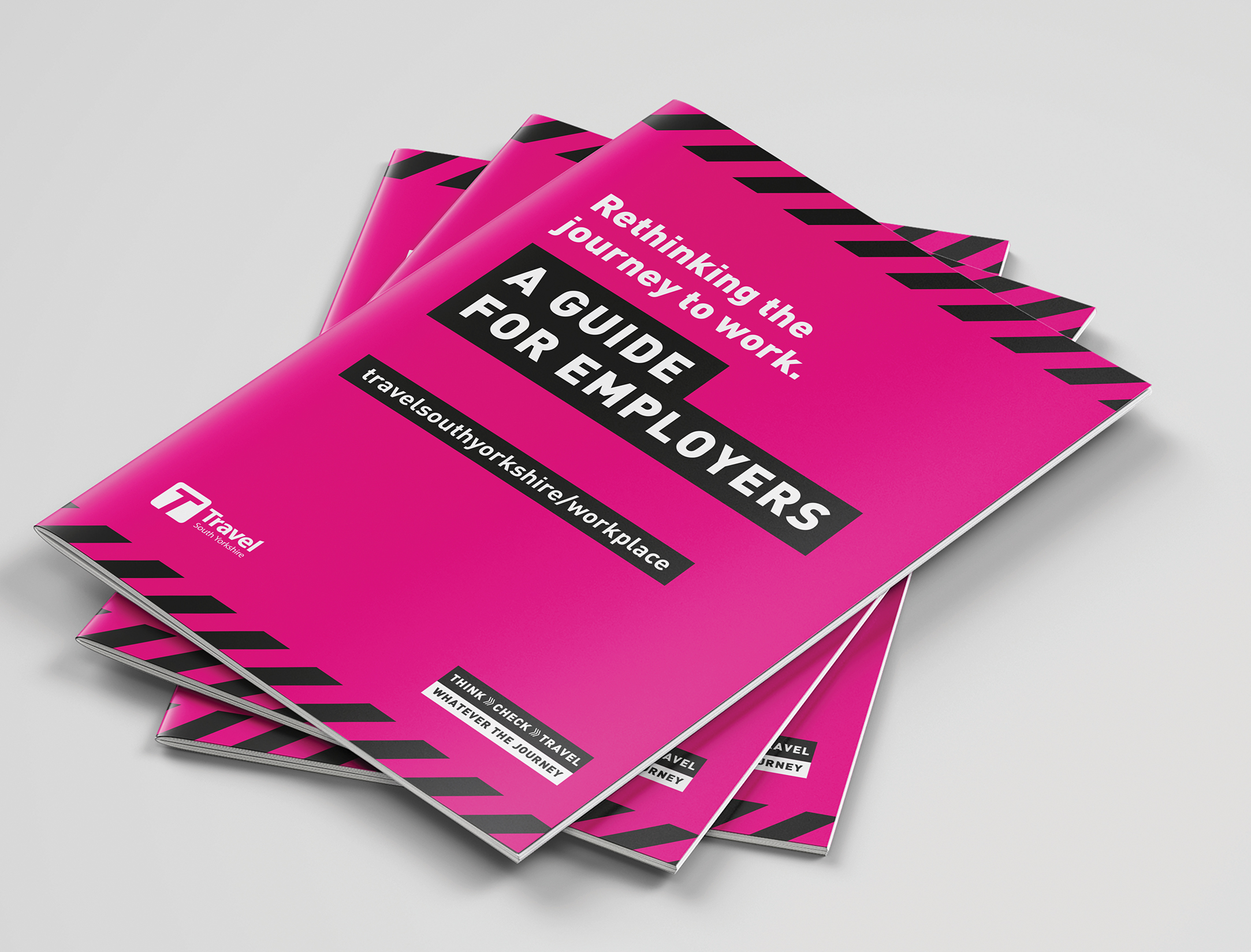Following years of debate and discussion the Brexit era has begun with a new trade deal. Brightfinch’s Zeeshan Ashraf talks unLTD through the deal and its impact in terms of planning, duty mitigation and risk management.
 The last-minute deal may offer tariff free access to the single market for UK goods, but the cost of doing business with the EU has increased significantly. Apart from the customs declaration fees, businesses are now facing an extra administrative burden in an already challenging economic climate due to the covid-19 pandemic.
The last-minute deal may offer tariff free access to the single market for UK goods, but the cost of doing business with the EU has increased significantly. Apart from the customs declaration fees, businesses are now facing an extra administrative burden in an already challenging economic climate due to the covid-19 pandemic.
Although no import duties are payable for goods of EU origin imported into the UK and British goods exported to the EU, UK exporters must ensure that their goods meet EU requirements in many sectors such as food and drink. Tariff free trade is welcomed by all sides however some British goods may also be subject to EU quotas.
In addition, import VAT must now be taken into account when exporting to the EU if UK companies wish to continue trading on a duty paid basis in order to overcome the extra administrative hurdles for EU customers.
The treatment of foreign entities for import VAT purposes is not uniform across the EU. Some countries offer Limited Fiscal Representation (LFR) which doesn’t necessarily require a local VAT registration number. Other countries are offering the option of General Fiscal Representation (GFR) which requires local VAT registration, but allows the exporter to apply for a VAT deferment account. Some EU nations offer both options and others neither.
Both of these solutions are likely to require a fiscal representative which could incur a monthly fee for VAT returns even if there are no imports into the EU.
Brexit has realised some of our worst fears with a clear lack of customs professionals both in the public and private sectors to facilitate the necessary processes. Those that are able to provide customs services are working around the clock up to seven days a week.
Some companies importing into the UK before supplying customers in the EU are now facing a potential double duty cost when exporting to the EU.
Delays at the border crossings, running into many hours and in some cases days, have halted a large proportion of the export trade in perishable goods - such as seafood and meat - which require seamless frontier operations to thrive. In addition, health certificates are now required for these goods which are both costly and time consuming.
An increasing number of EU hauliers are refusing to undertake UK journeys due to the extra time, cost and unpredictability, which are crucial factors in logistical planning. The global picture is equally bleak as some traders have reported sky-rocketing fees for shipping containers owing to the pandemic in China and the hesitance of some shipping operators to trade with the UK.
It seems that nobody is immune to the new realities of Brexit as consumers have discovered that an innocent online shopping trip can land them with a bill for customs charges and even import duties in some cases. This is due in part to the customs declarations that must now be submitted and to EU traders using tools such as customs warehousing whereby goods of Chinese origin for example are held without incurring EU duties if the final destination is outside of the EU.
However, a crisis can also present opportunities. Despite the difficulties mentioned above, businesses can mitigate some of the fallout by utilising customs authorisations such as customs warehousing, Inward and Outward Processing Relief and various other trade facilitation tools. Many traders are exploring their customs arrangements for the first time which should lead to positive outcomes both in terms of planning, duty mitigation and risk management.








